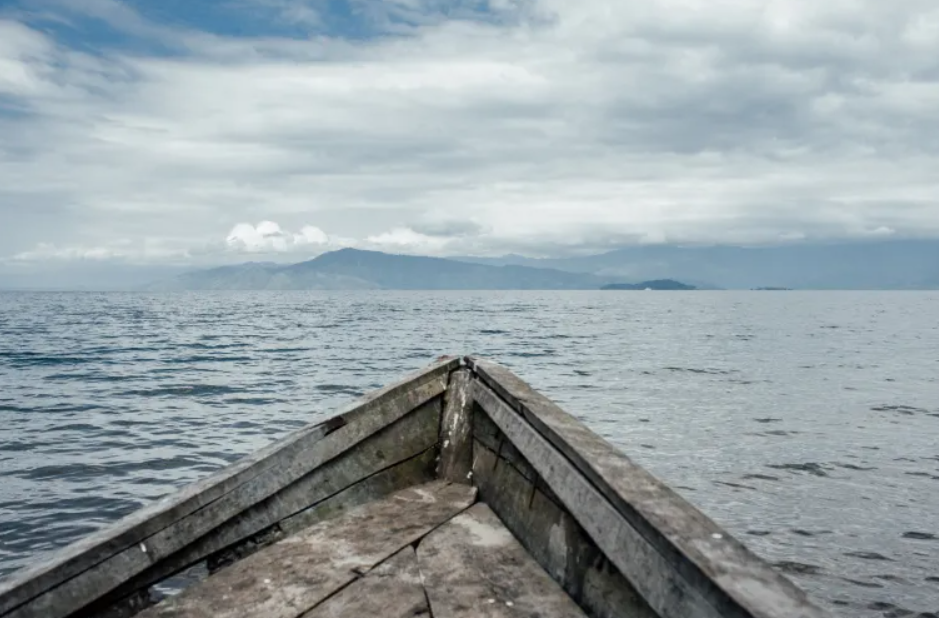President Felix Tshisekedi acknowledged that more than 80 people perished in the sinking of a boat in the Democratic Republic of the Congo (DRC). The incident took place on the Kwa River, around 70 kilometers (43 miles) from the city of Mushie in the region of Mai-Ndombe.
The president’s office released a statement in reaction to the tragedy, reiterating President Tshisekedi’s demand for a probe into the accident’s causes. The investigation’s goals include identifying the immediate causes as well as developing strategies to avoid similar catastrophes in the future.
President Tshisekedi sent his deepest sympathies to the victims’ loved ones and expressed his condolences to their families. He also ordered the government to step up aid efforts for the victims of the disaster.
The tragedy was caused by night navigation, according to Rita Bola Dula, governor of Mai-Ndombe region. Preliminary reports indicate this. More elements may have contributed to the catastrophe, but investigators are still trying to determine what happened.
Tragically, catastrophic boat accidents in the DRC are regular due to the fact that vessels often exceed their recommended limits. With few concrete highways covering its broad and densely forested landscape, the country’s poor infrastructure is making this issue worse. Consequently, rivers nevertheless play an important role in transportation and trade, despite the dangers they pose.
The administration of President Tshisekedi has promised to improve safety standards and reduce the probability of such deaths by addressing these persistent concerns. Better infrastructure and stricter regulatory control will be part of the plan to make transportation in the DRC safer.
Both local and foreign authorities are keeping a careful eye on developments, which highlights the importance of finding long-term solutions that put the safety of those who rely on rivers for their livelihoods and daily journeys first.













